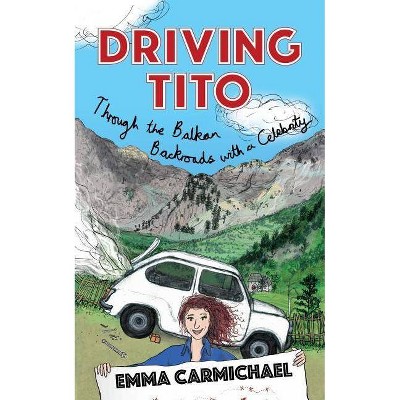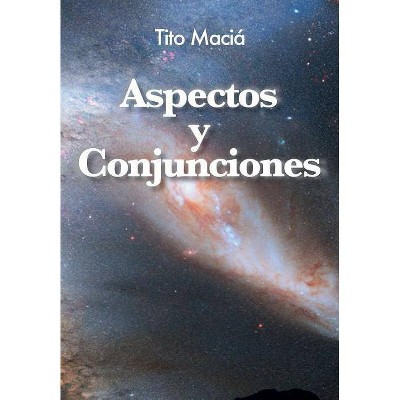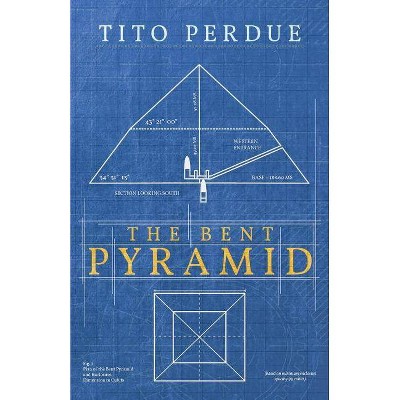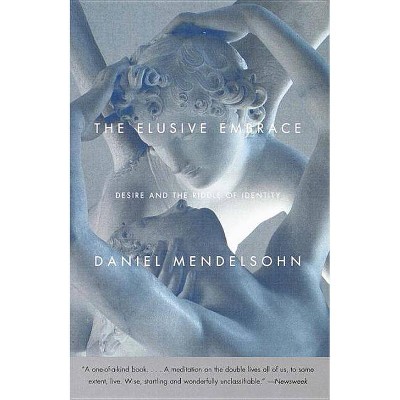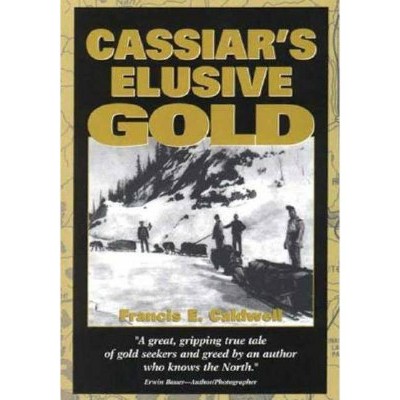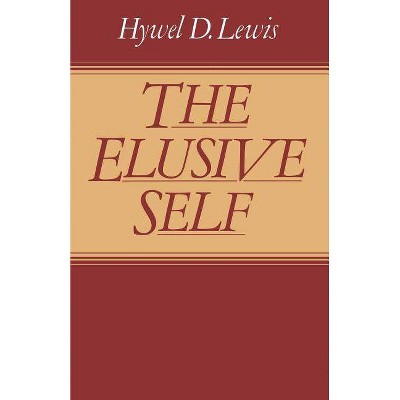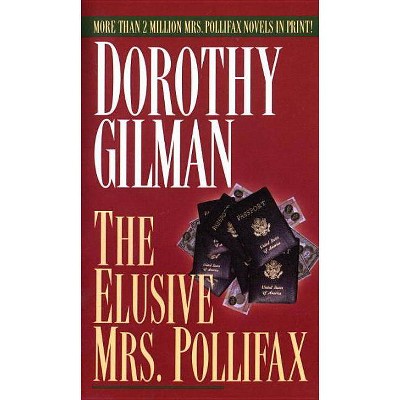Elusive Peace - by Shannon Owor Tito (Paperback)
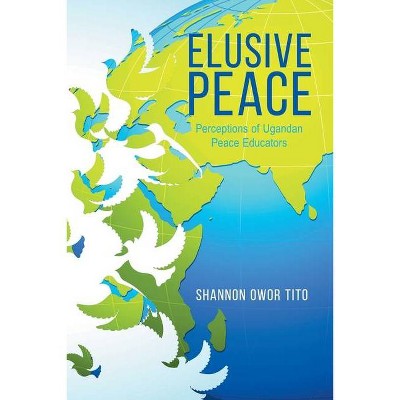
Similar Products
Products of same category from the store
AllProduct info
<p/><br></br><p><b> Book Synopsis </b></p></br></br><p>I first discovered the term Elusive Nature of Peace from an article by Israeli educator Daniel Bar- Tal. Why was Bar-Tal so tentative about peace education? His reasoning was a result of his years of developing peace education programs. He said: "Peace education is very different from most subjects given in schools. Because groups and individuals project onto the concept of peace education their particular vision of a desirable society, the means to achieve it and the school's role in this mission. The consequence of this personal projection is the very multifaceted state of peace education we see at present. Thus, in comparison with other domains of knowledge, peace education is, by nature, elusive." (Daniel Bar-Tal).</p><p><br></p><p>I agree with Bar-Tal's conclusion based on my work as a peace education program developer and researcher. My work in northern Uganda has confirmed this elusive nature of peace. There were so many challenges impeding the implementation and acquisition of the concepts of peace in Uganda. These challenges and barriers to peace and understanding its nature, as you will find out within the pages of this book, are unfortunately becoming universal. This book explores the experiences and perceptions of Ugandan peace educators as they endeavoured to engage in the development and implementation of a locally developed curriculum.</p><p><br></p><p>Geo-political and economic changes that are now affecting even countries that were once peaceful and democratic is making it extremely challenging to achieve general peace even within these nations. The late Kofi Annan, the seventh Secretary-General of the United Nations and a co- recipient of the 2001 Nobel Peace Prize, empathized with these changes that are making peace unattainable today. He wrote: "In some ways, the challenges are even more daunting than they were at the peak of the Cold War. Not only do we continue to face grave nuclear threats, but those threats are compounded by new weapons developments, new violence within states and new challenges to the rule of law."</p><p><br></p><p>So, what do we do? Do we give up on educating students about peace? I don't think so. I still believe with Edward Everett, who said: "Education is a better safeguard of liberty than a standing army." I am confident that peace education is also the best safeguard of not only liberty but freedom, democracy and development of peaceable societies around the world.</p>
Price History
Price Archive shows prices from various stores, lets you see history and find the cheapest. There is no actual sale on the website. For all support, inquiry and suggestion messagescommunication@pricearchive.us

